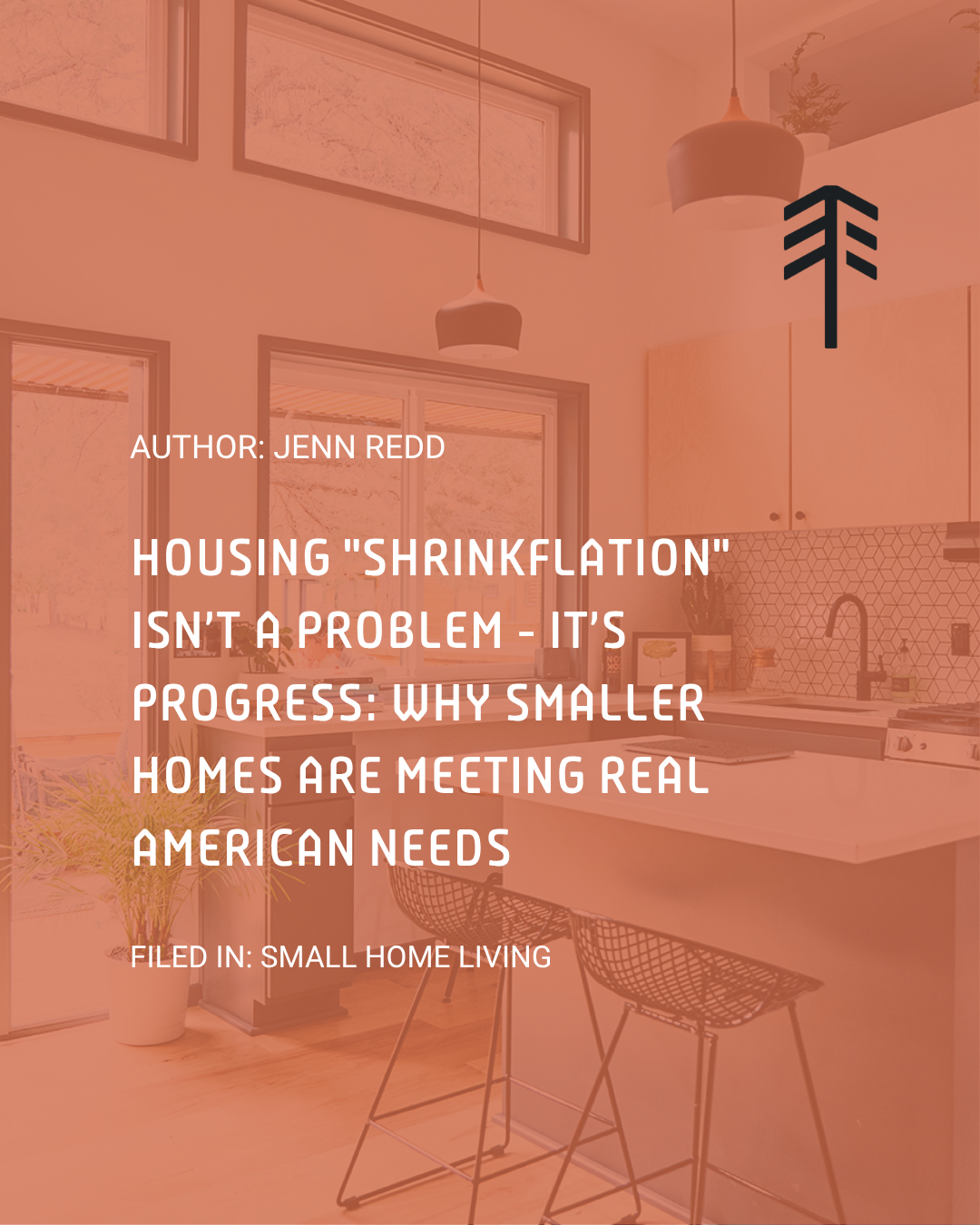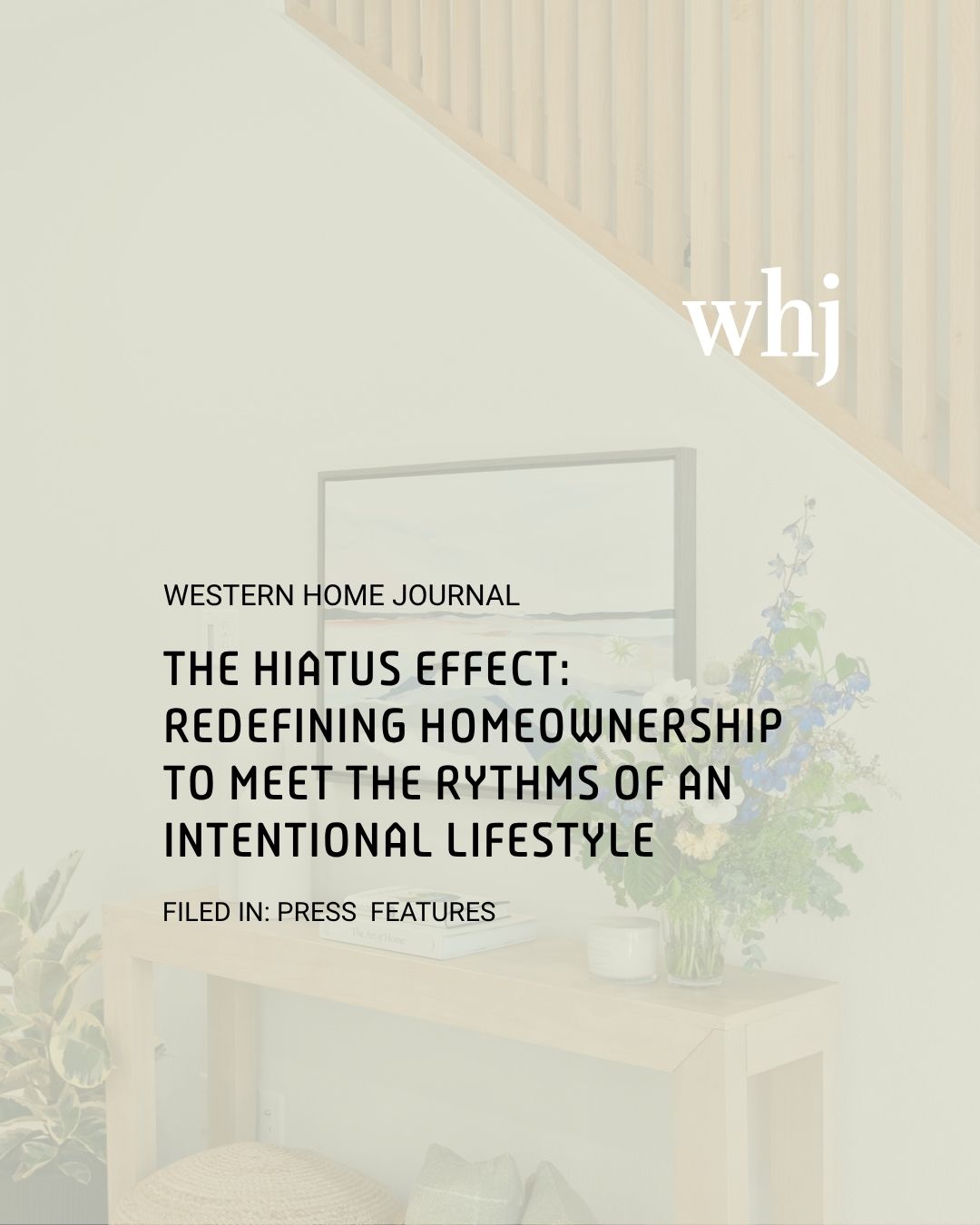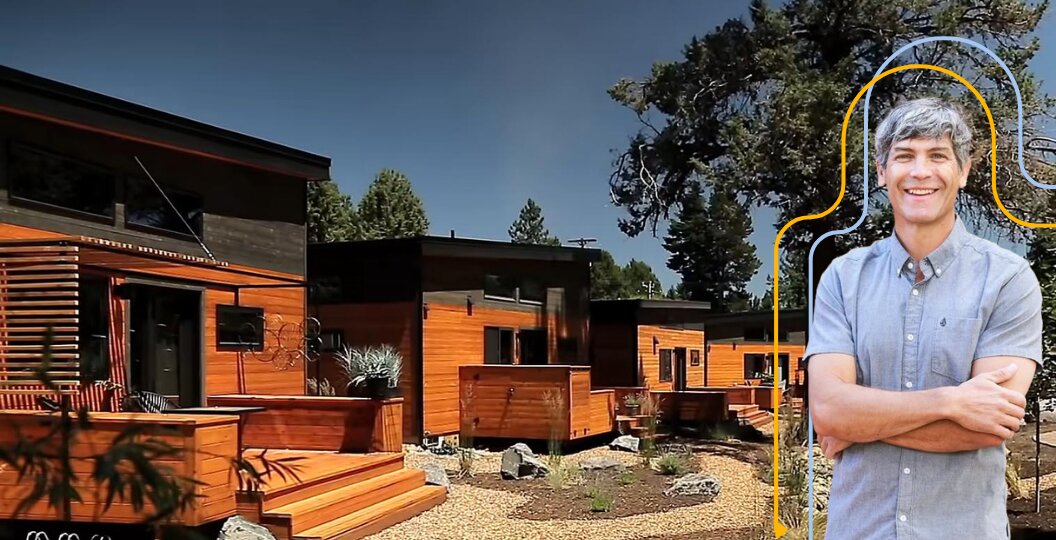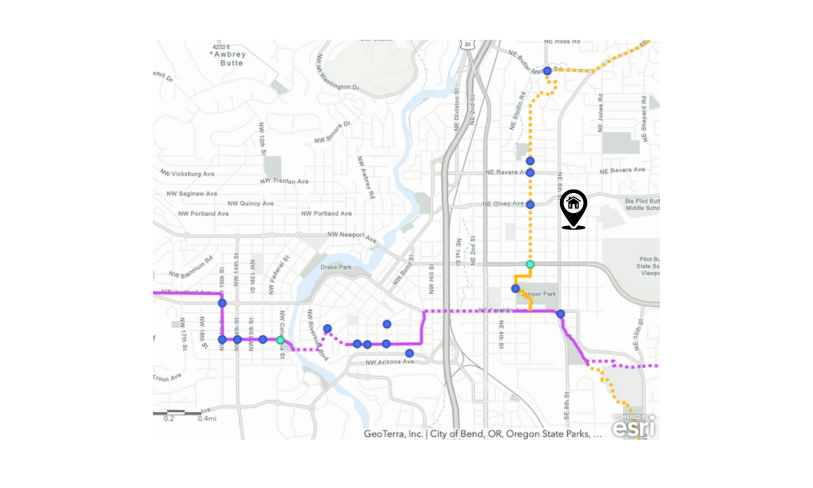Oregon Middle Housing: New Laws, More Options to Build
Middle housing in Oregon is transforming what’s possible for homeowners, investors, and real estate agents. At Hiatus Homes, we’ve spent the past decade creating human-scale housing options – from tiny homes on wheels to ADUs and cottage clusters. Now, new state laws are unlocking even more potential on properties that were once limited to a single-family home. In this post, we’ll explain what middle housing is, how Oregon policy has changed, and how to take advantage of these new rules.
What Is “Middle Housing”?
Middle housing refers to a category of smaller, multi-unit homes that are designed to blend into existing single-family neighborhoods. This includes duplexes, triplexes, fourplexes, townhomes, and cottage clusters. In short, not large apartment complexes or single-family homes, but everything in between.
These types of homes offer more attainable entry points for buyers and renters while increasing density in areas where housing is needed most. They’re a key part of solving Oregon’s housing shortage—and the state has made big policy changes to support them.
Four Key Laws That Open New Doors
HB 2001 – Legalizing Middle Housing Statewide
Passed in 2019, House Bill 2001 eliminated exclusive single-family zoning in most Oregon cities. It legalized duplexes, triplexes, fourplexes, townhomes, and cottage clusters in residential zones—dramatically expanding what’s possible on land once limited to a single home.
SB 458 – Fee-Simple Sales Made Simple
Senate Bill 458 (2021) made it easier to sell middle housing units individually. Instead of going through a complicated condo process, you can now build a cluster of homes—like a triplex or cottage cluster—and sell each one separately with a streamlined land division process.
HB 2138 – Smoother Approvals, Fewer Barriers
Still in progress, HB 2138 aims to accelerate middle housing adoption even further. It reduces permit review timelines from 120 to 60 days, overrides HOA restrictions, and opens up middle housing opportunities in unincorporated urban areas.
SB 6 – The “Shot Clock” for Housing Permits
If passed, SB 6 will require cities to approve or deny residential permits within 45 business days. If the deadline passes with no decision, the permit is automatically approved. It also enforces faster response times from agencies like fire and planning—removing a major bottleneck to getting projects built.
Turning Policy Into Projects
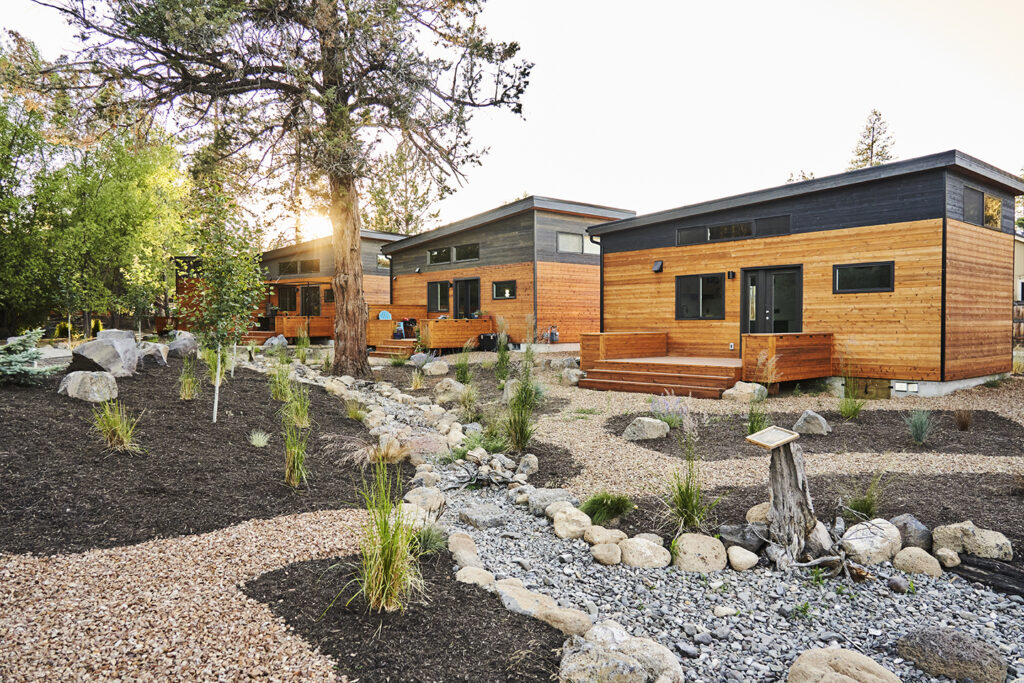
Hiatus Homes is already putting these laws to work on real Oregon sites. Explore more of our completed projects here.
- Hawthorne: Converted a single short-term rental into a detached triplex, now generating long-term rental income.
- Silversage: An oversized lot subdivided into three fee-simple homes thanks to SB 458—each owned by a different family member.
- Baltimore: A full fourplex built on a standard lot, adding smart density without sacrificing neighborhood character.
- Parrell: A direct comparison of cottage clusters vs. middle housing land division to determine the most efficient path to build.
Common Pitfalls (and How to Avoid Them)
Even with more permissive laws, middle housing projects come with a few challenges:
- Zoning differences – Not all residential zones (low, medium, high density) allow the same things.
- City-specific interpretation – Some cities (like Bend and Eugene) are ahead of the curve; others are still catching up.
- Infrastructure costs – Upgrades to water, sewer, and fire access can be expensive if not accounted for early.
- Soft costs – Design, permits, and engineering fees add up.
- Financing – Smaller developments are less appealing to traditional lenders, so creative funding solutions are often needed.
What’s Possible on Your Land?
If you’re a homeowner, investor, or real estate agent, now is the time to explore what Oregon’s middle housing policies make possible. The best way to start? A site-specific feasibility study.
Our Hiatus Feasibility process walks you through site planning, permitting, budgeting, and even financing options and capital solutions.

